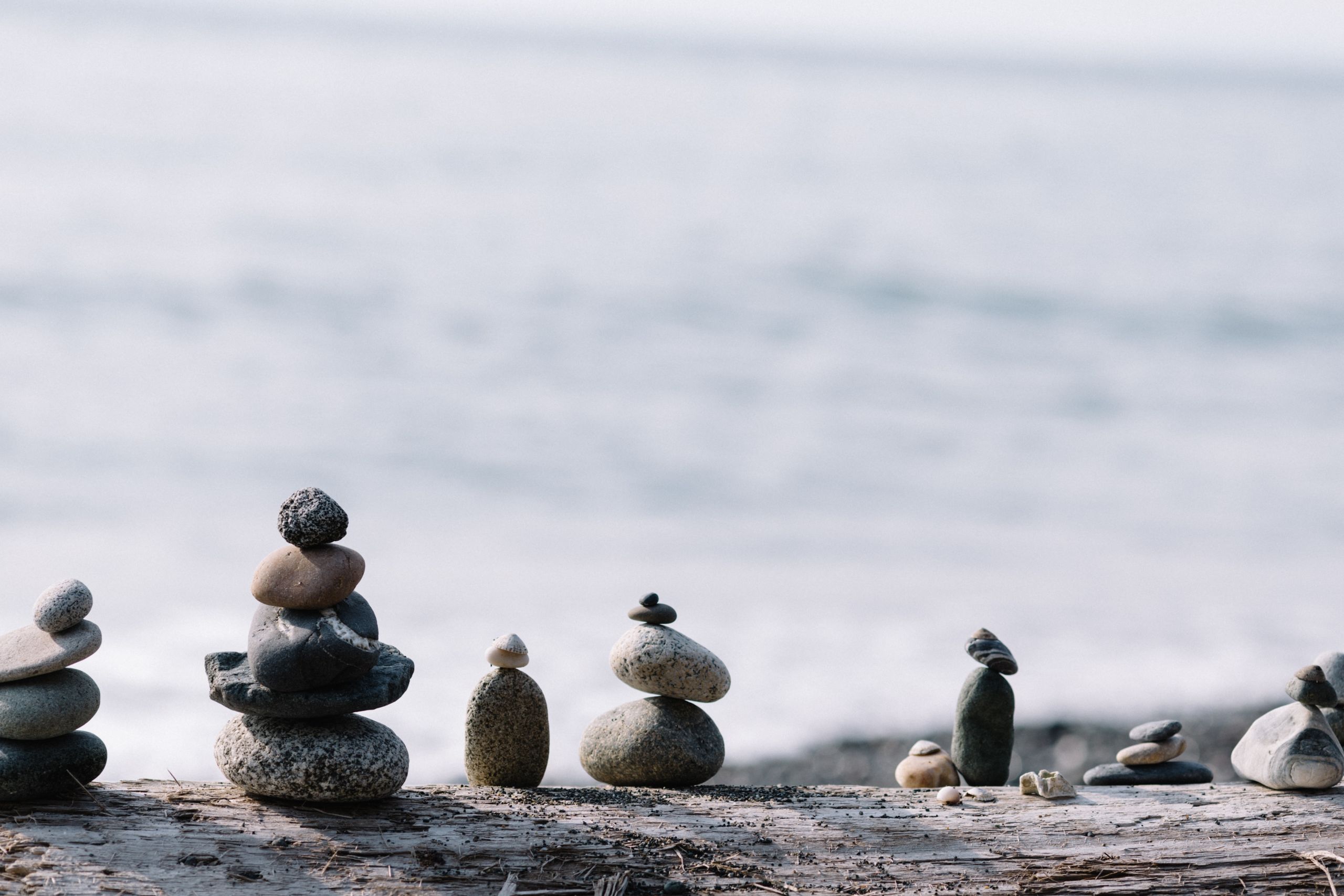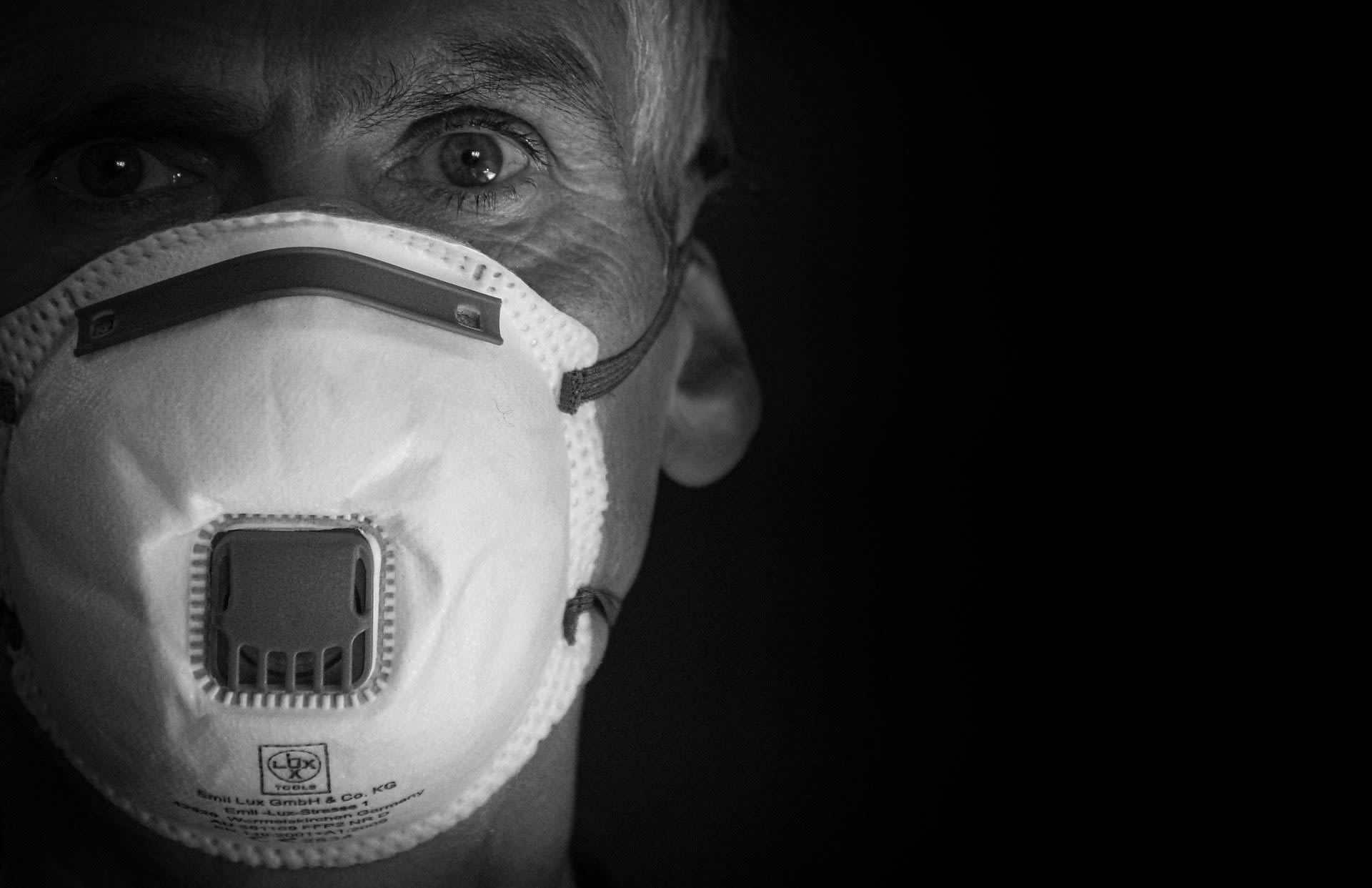Understanding Long-COVID
Coming to terms with the long term impact COVID-19 will have on society

ORIGINS OF COVID-19
Coronaviruses are a type of virus. There are many different kinds, and some cause disease. The first case of COVID-19 was reported in Wuhan in December 2019, and the cause was later named SARS-CoV-2.
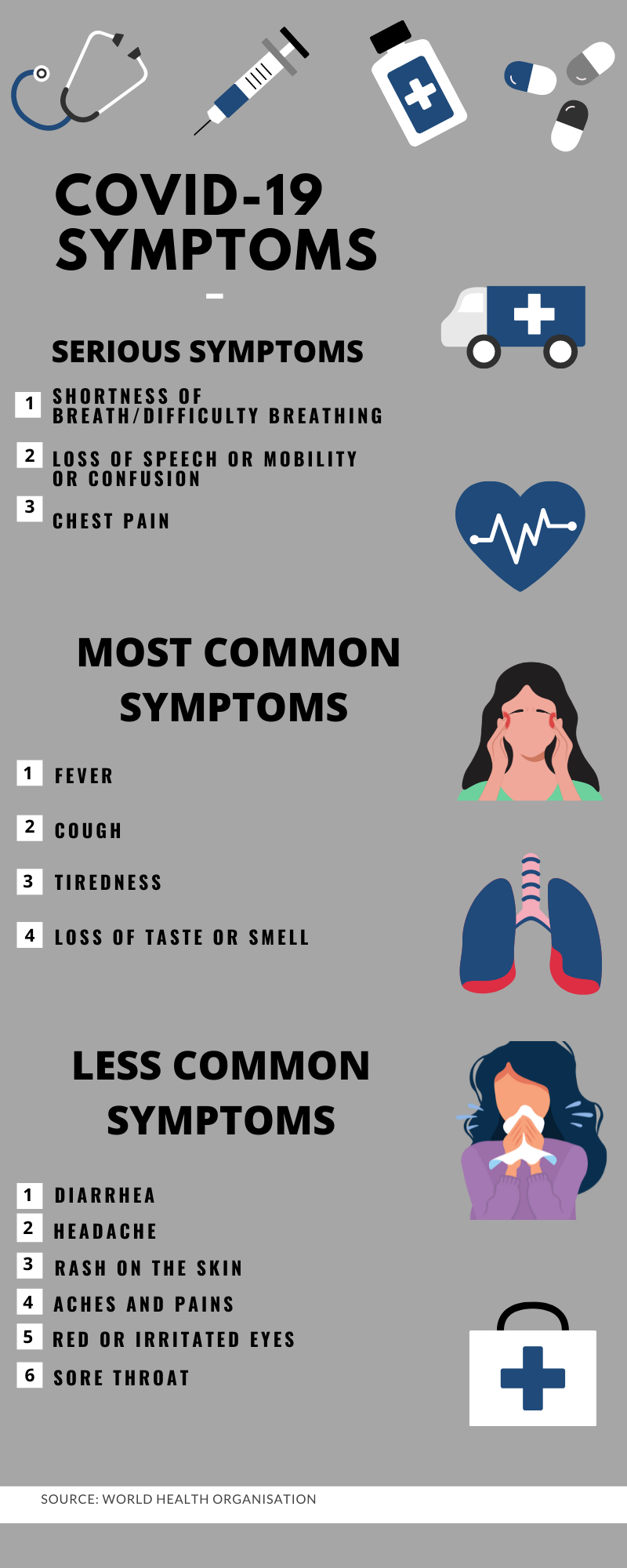
The COVID-19 virus spreads primarily through droplets of saliva or discharge from the nose when an infected person coughs or sneezes.
A person infected with COVID-19 is contagious to others for up to two days before symptoms appear, and they remain contagious to others for 10 to 20 days, depending upon their immune system and the severity of their illness.
COVID-19 can be severe and has caused millions of deaths around the world as well as lasting health problems in many who have survived the illness.
This is what we call...
LONG COVID
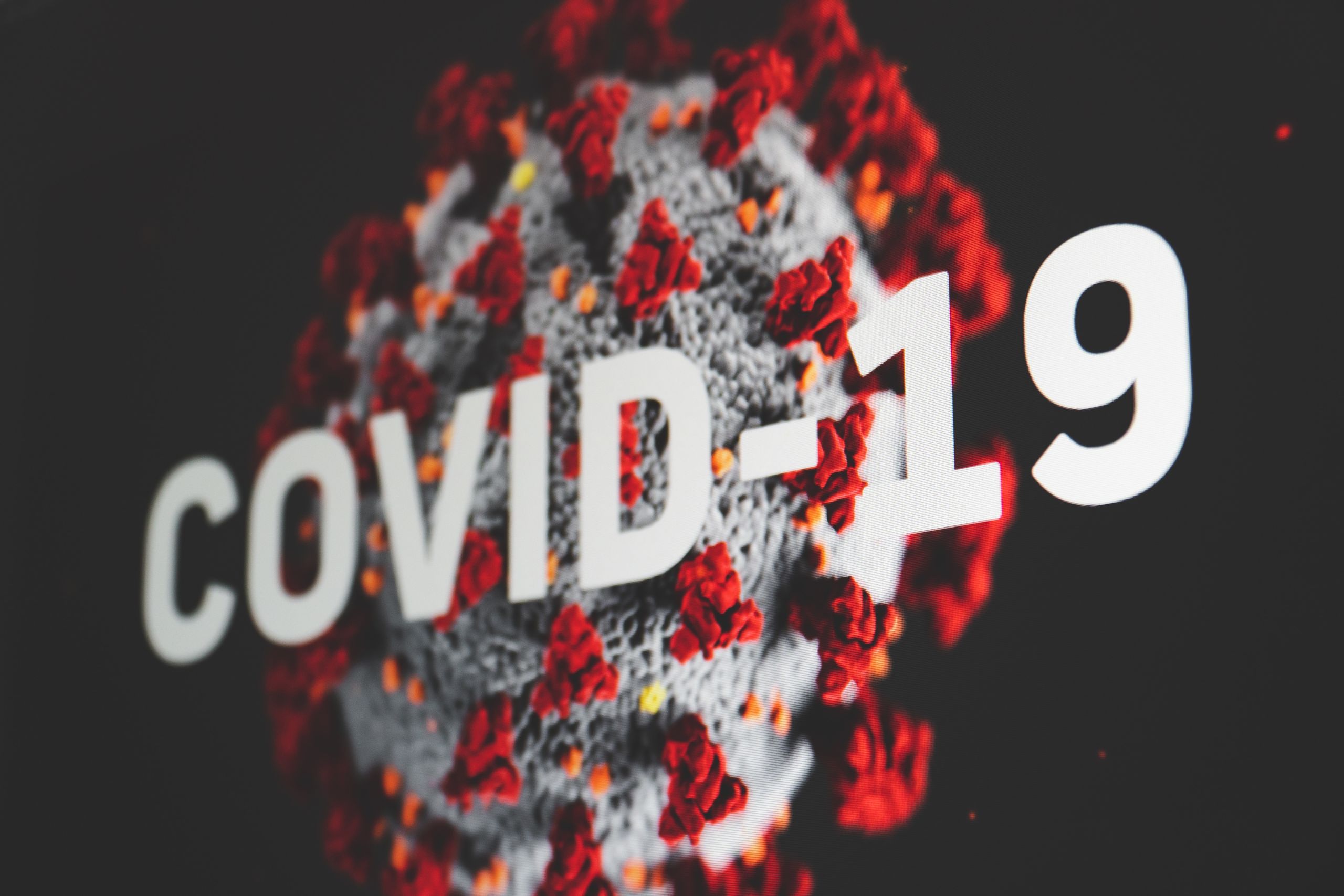
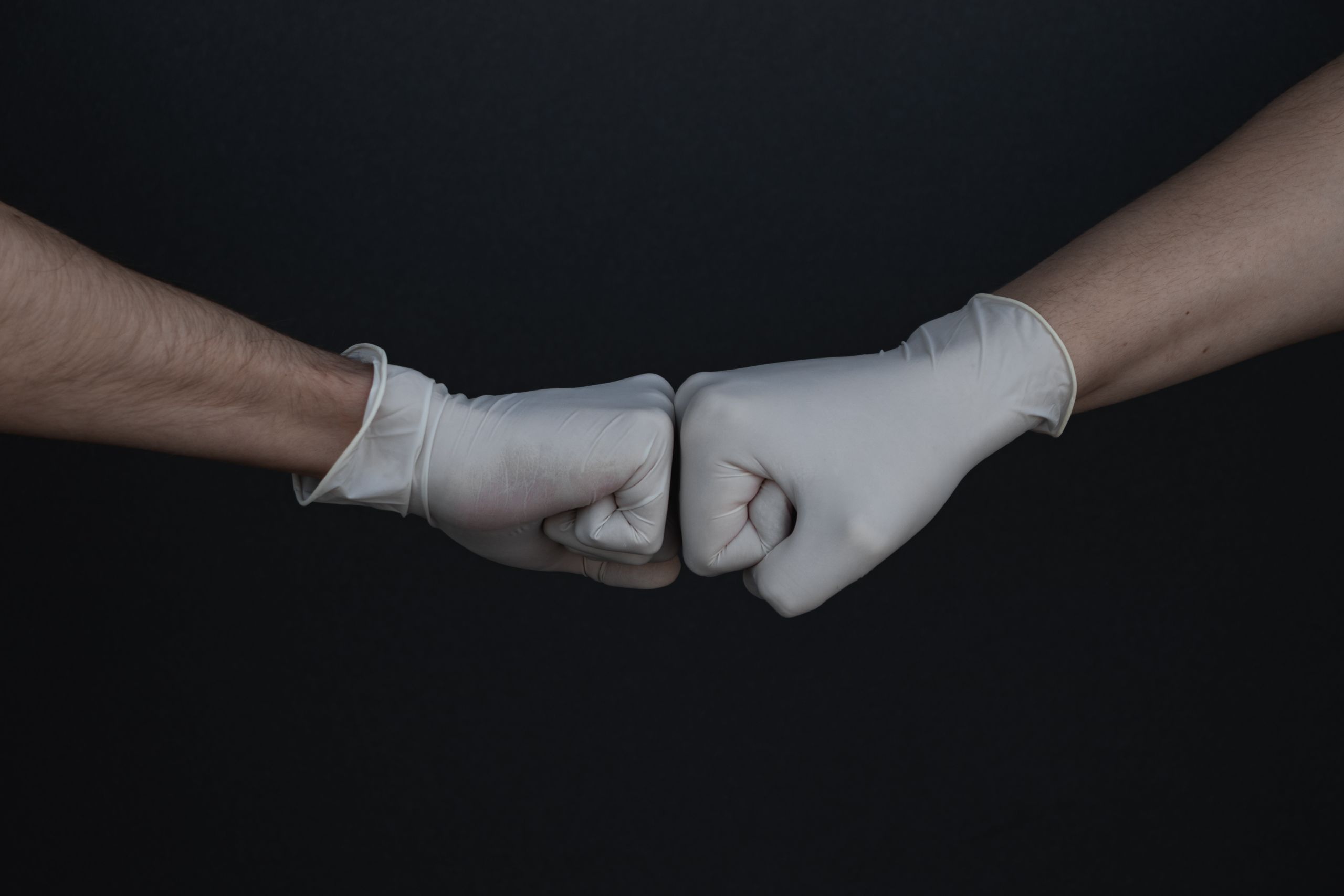
INTERESTING FACT
Coronaviruses are named for their appearance: “corona” means “crown.”
The viruses’ outer layers are covered with spike proteins that surround them like a crown.
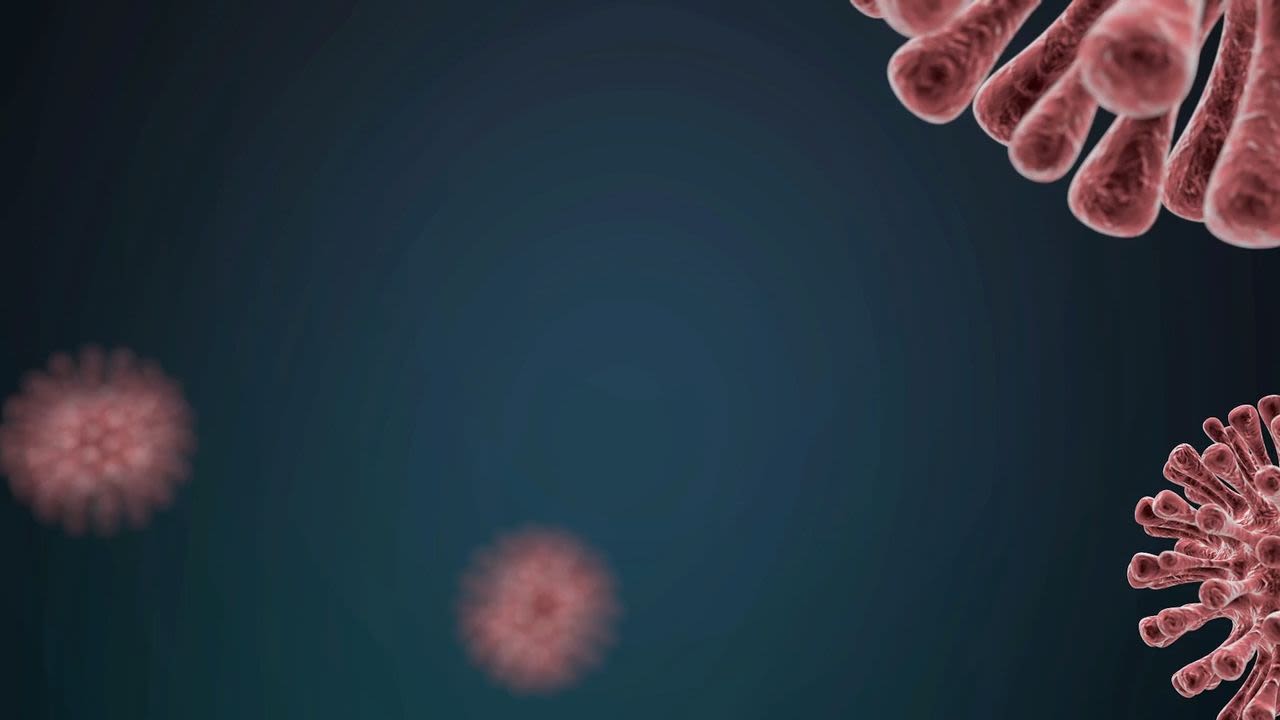
WHAT IS LONG COVID?
Findings from REACT-2 studies show that two million people in the UK may have had long COVID.
In the early days of the pandemic, there was a perception that for most people, COVID-19 was a short, relatively mild illness lasting less than a fortnight.
However, in recent months more attention has been paid to people with long COVID, people whose symptoms were not serious enough to land them in hospital when they contracted the virus, but repercussions of the virus persist for months.
Long COVID is usually defined as symptoms that develop during or after a COVID-19 infection and continue for more than 12 weeks.
This is not the same for everyone, as due to early pandemic failures many long-haulers were never able to get tested for COVID-19.
This was due to tests being scarce and people’s symptoms not conforming to a list we now know was incomplete.
Symptoms include extreme tiredness, shortness of breath, chest pain, brain fog, insomnia, and heart palpitations.
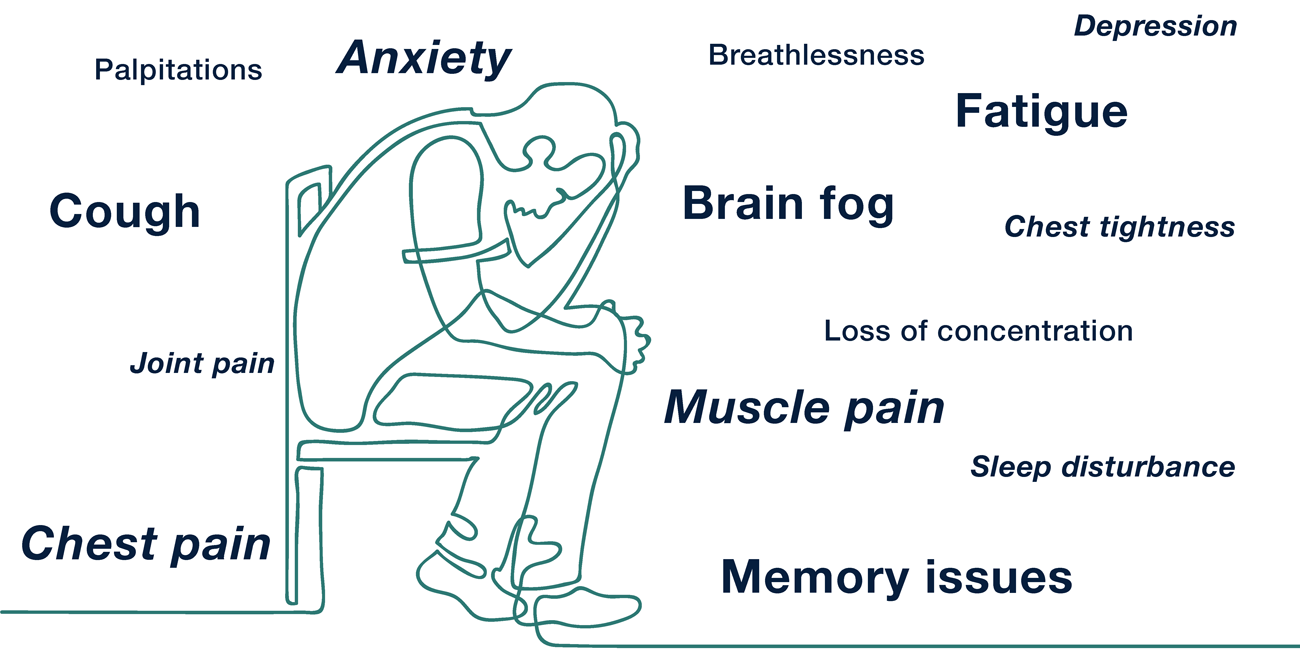
The long-term illness is frustrating and debilitating for those who are affected.
While the national narrative has shifted from social distancing to reopening’s, many realities are pinned with fever and fatigue.
SWLondoner speaks to long COVID sufferers about their experience with the illness.
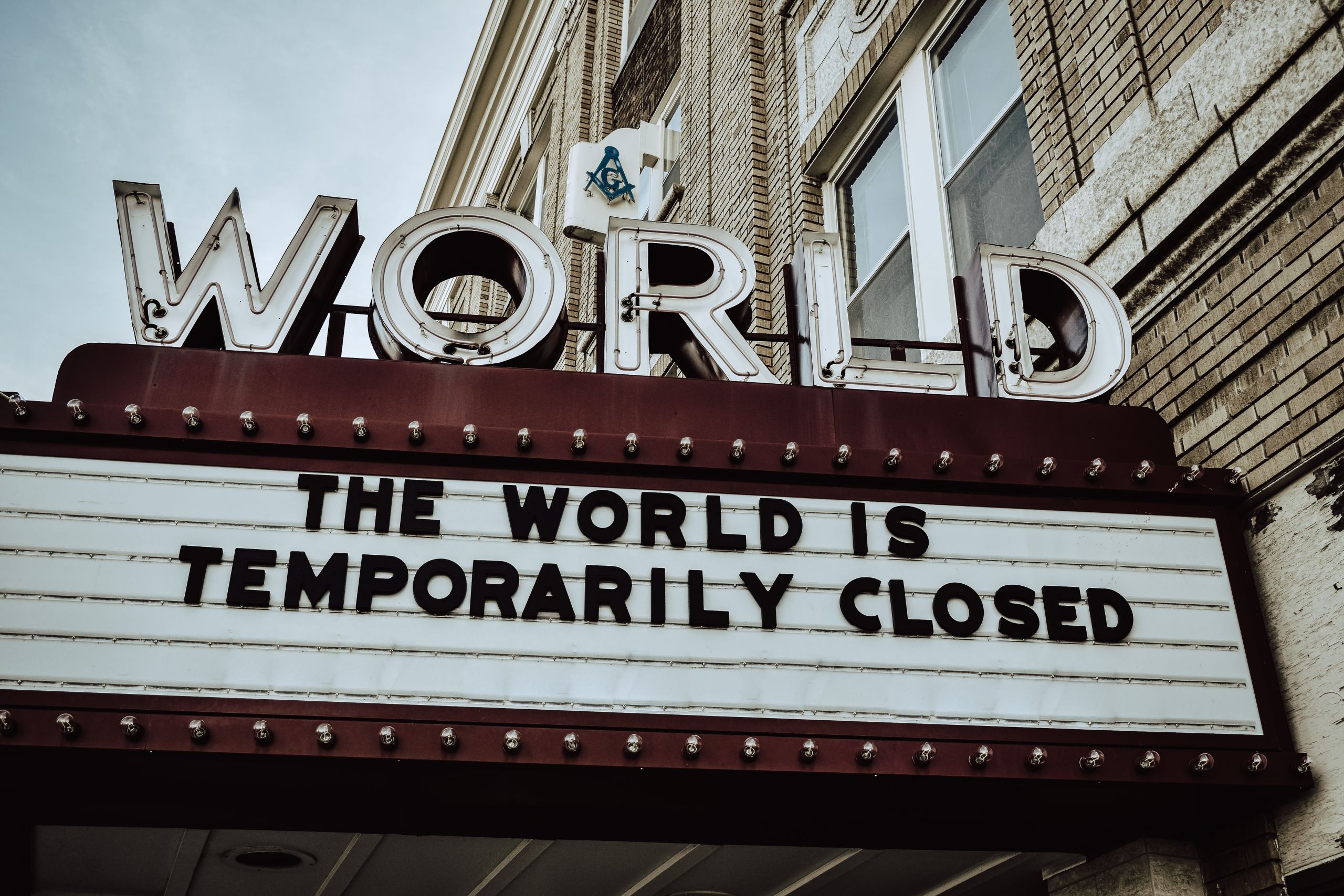
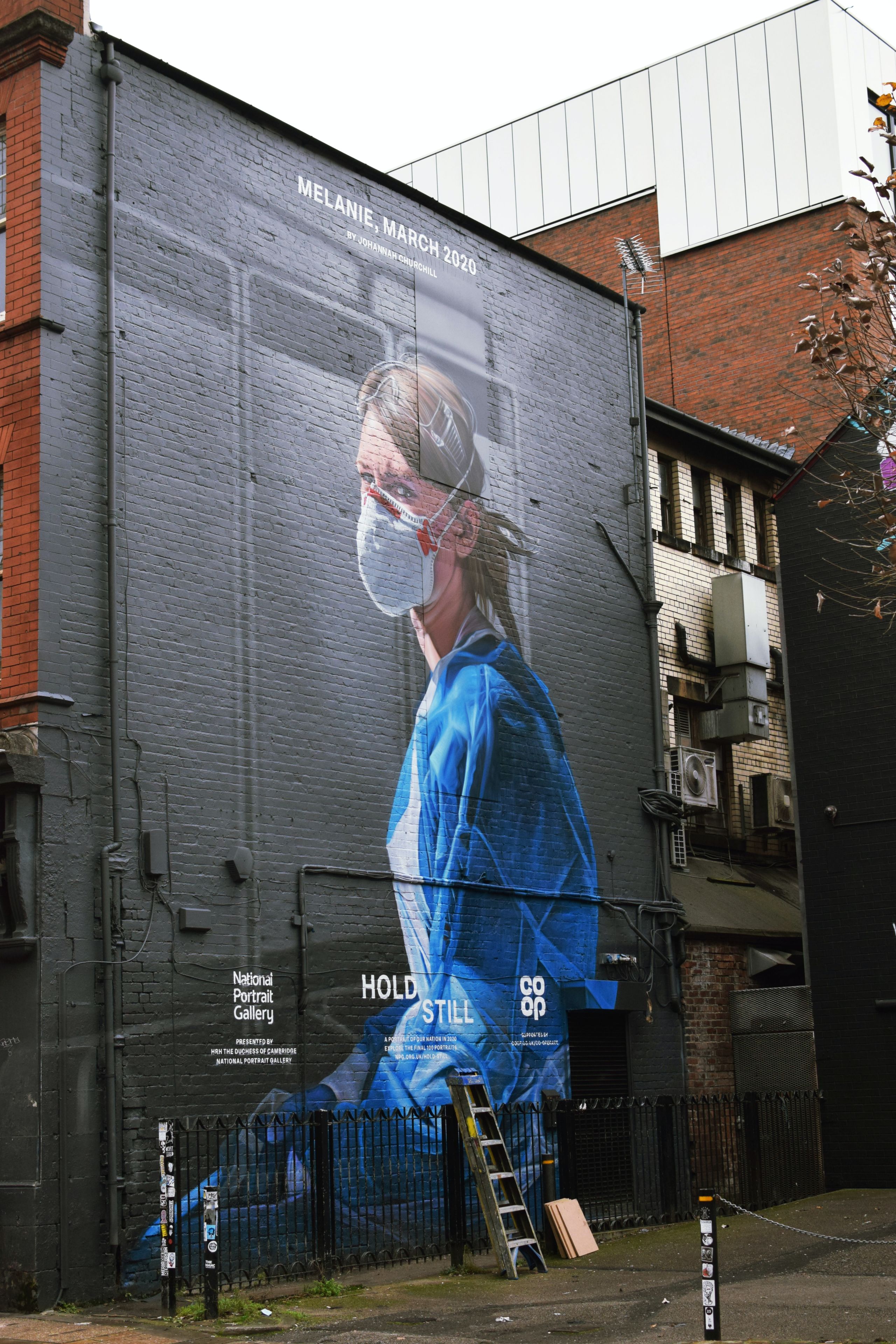
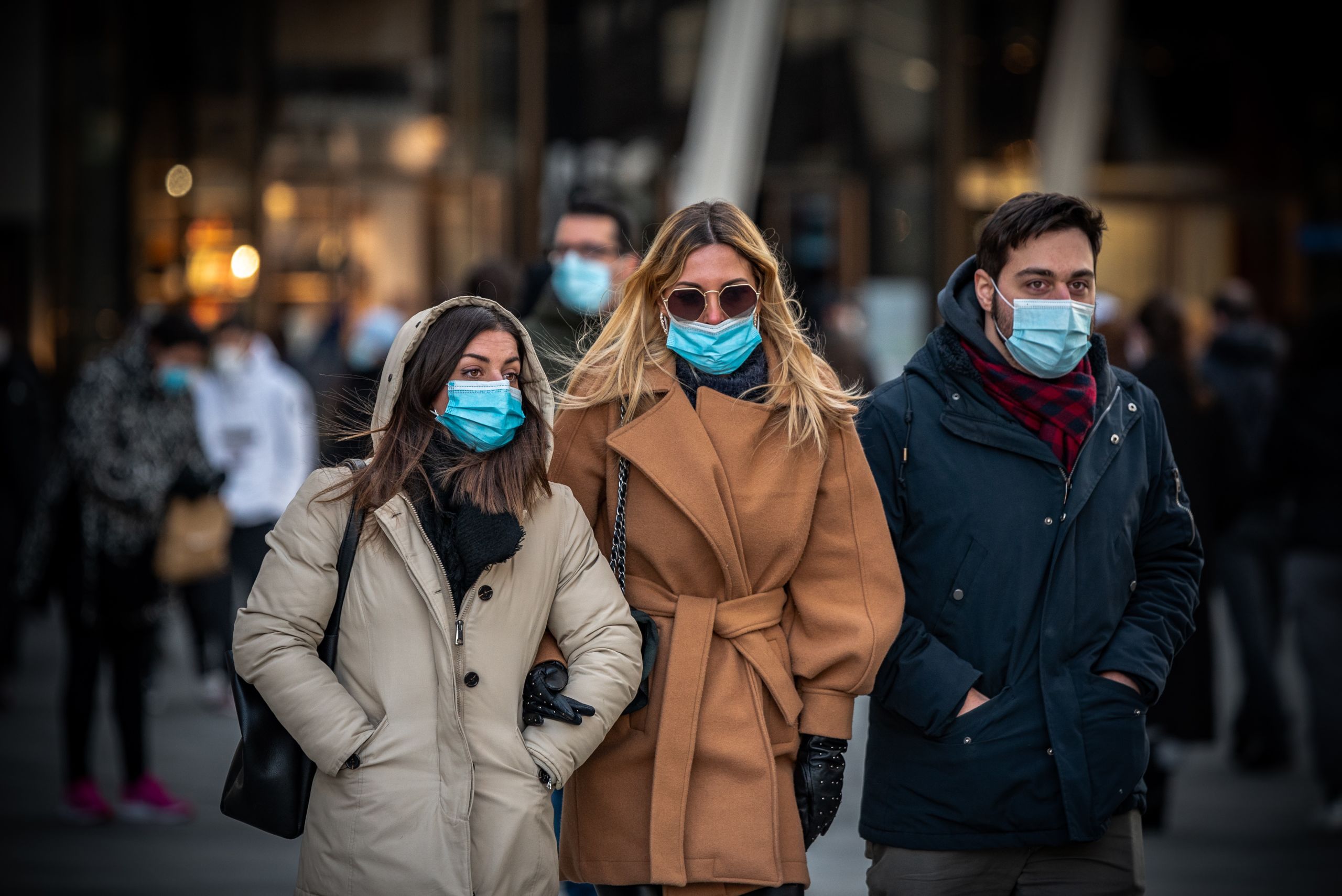
ELIZABETH SMITH

“From a physical side on my worst days I sleep up to 20 hours a day. Things like brushing my teeth and having a shower are out of it. My body just can’t, I’m awake but have no strength.”
Elizabeth Smith, 35 from Belfast Northern Ireland has had long COVID since Christmas. She never thought she was ill with COVID-19.
No one thought it was COVID-19, and when she went to speak to her doctor she was given medication for vertigo.
Elizabeth said: “It started with vertigo, really severe vertigo and a lot of tiredness.
“I didn’t have the core COVID-19 symptoms like a cough and high temperature it was never mentioned you know to go and get a COVID-19 test at the time.”
The doctor told her it was an ongoing viral infection and that there was nothing they could do.
As weeks went on, Elizabeth started to get long COVID symptoms. She started to hear other people’s stories who were told they had malaria, and very similar symptoms to her, however it was long COVID they had.
Elizabeth paid privately for an anti-body test, and it confirmed she had the COVID-19 at the beginning of the year.
Elizabeth has around 14 symptoms now that vary day to day.
The most common is the mental and physical fatigue.
Elizabeth said: “From a physical side on my worst days I sleep up to 20 hours a day. Things like brushing my teeth and having a shower are out of it. My body just can’t, I’m awake but have no strength.”
Even worse is the mental side for Elizabeth.
Elizabeth stated: “The brain fog. Using cognitive energy exhausts, me, so like watching a podcast, or just having conversations on the phone, I would have to sleep for three hours afterwards.
“You feel like a 92-year-old woman because your head and your brain won’t work. The scariest thing is the limbo of not having control over your body. So, you just have to take one step at a time, or this feeling of emptiness will just overwhelm you.”
Elizabeth works for one of Channel 4’s accountancy departments, EY (Ernst & Young), and hasn’t returned to work fully this year.
They have been very supportive of Elizabeth throughout her long COVID struggle. They are setting up a long COVID network when she returns to her workplace, as many others will be coming back to work with this illness.
Elizabeth said: “It’s a new condition, you know, the HR Department are trying to get to grips with it as well.”
Elizabeth is taking part in a trial developed by a health care company in Northern Ireland.
There are around 15-20 others taking part and, in the app, you can track your symptoms and how they severe they are on a rating scale.
Talking about the app, Elizabeth said: “The hope is to identify patterns in our symptoms. I am able to develop charts to take to my doctor when there are reviews on my condition.”
Elizabeth has noticed a few patterns for herself since taking part in this trial.
Elizabeth said: “For me my symptoms are most common during or a week before my menstrual cycle, and this is common for a lot of female sufferers. Other sufferers have had their period stop altogether, or they have become irregular, so it’s definitely all interlinked which is an interesting pattern.”
Taking part in this trial, Elizabeth finally feels like she is being herself again, taking part in something and help other people with long COVID.
Elizabeth said: “I think research and reporting is going to be the key thing to helping this condition.”
ELIZABETH'S MESSAGE TO YOU
“Covid is real, and long COVID is real.
"Latest research has said that there are over 205 different symptoms identified for long COVID so there is no magic pill that can solve that.
"So, the more people that look into this and research what is going on the better we will all be."
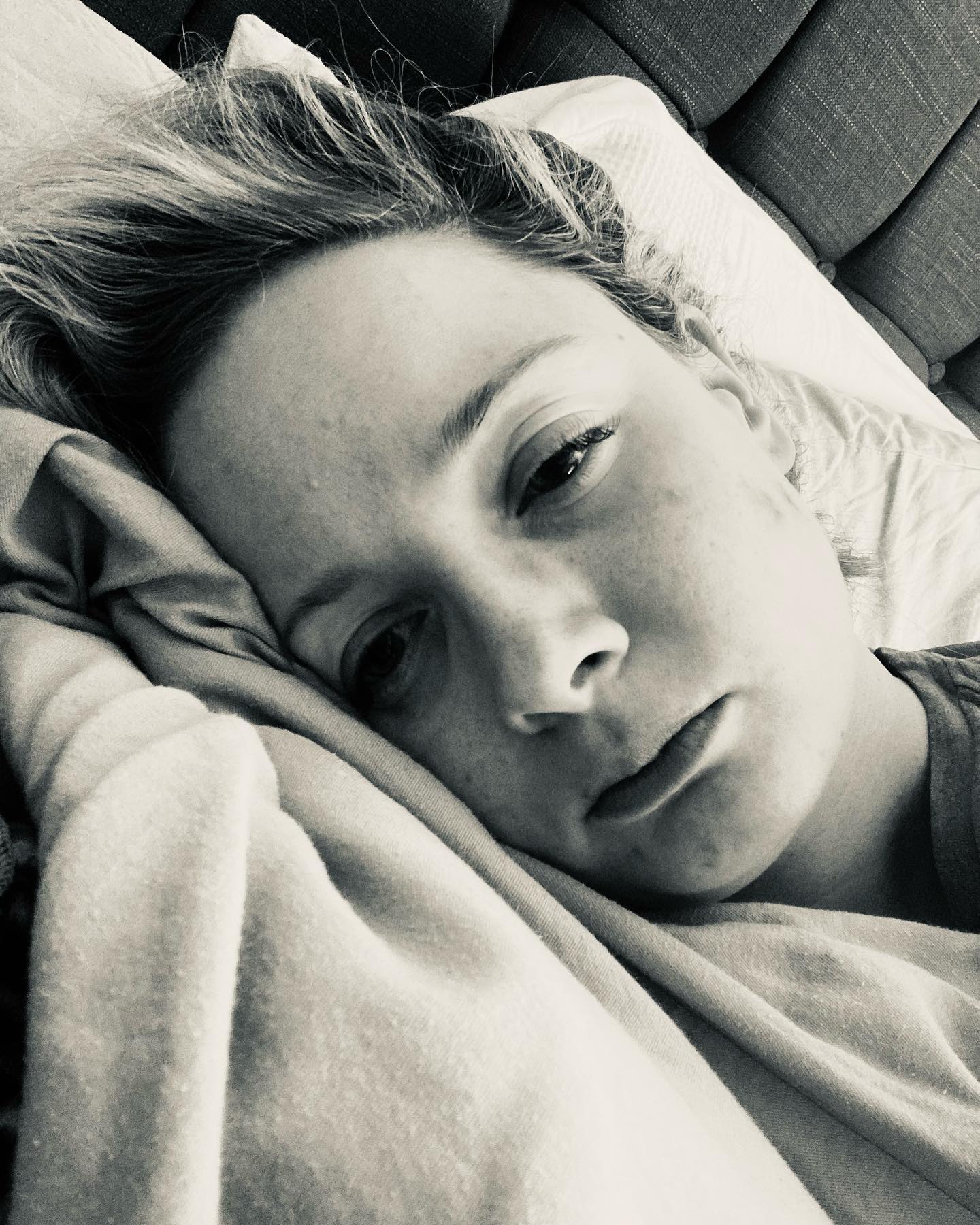


LUCILLE WHITING
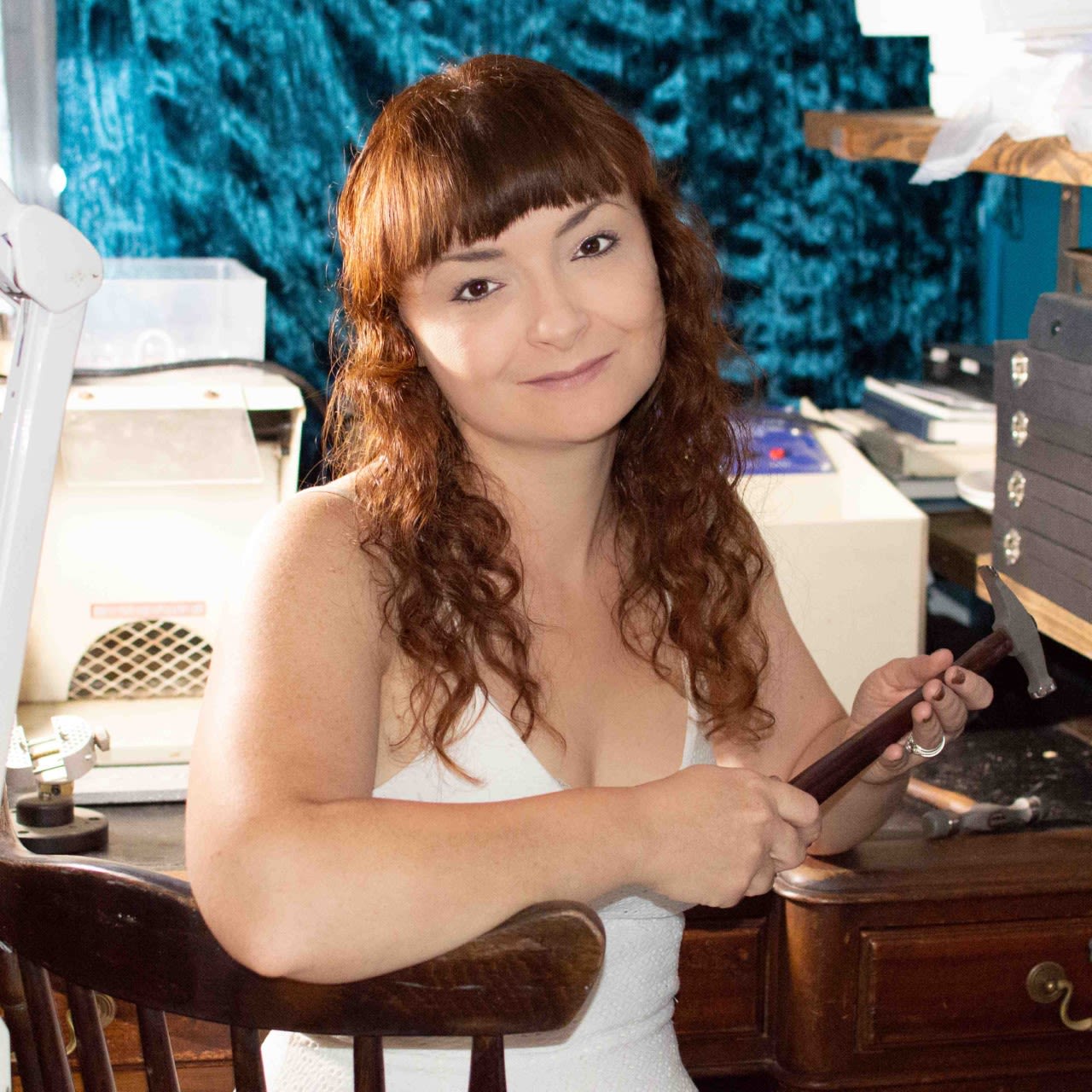
“My kidneys and my liver were affected, and I vomited morning and night. Feeling sick all the time is tiring.”
Lucille Whiting, 39 from Suffolk contracted COVID-19 in March 2020.
Her and her family picked up COVID-19 when her son went into anaphylactic shock on Easter Monday 2020.
Ten days later they were all diagnosed with COVID-19.
Lucille said: “I have five children, two of them were very ill with the flu, my husband still can’t taste or smell anything and it’s been 18 months now.
“My ten-year-old is still getting pains in his chest, which was very worrying to his teachers at school.”
Her son was so breathless and threw up every day for around 17 weeks.
She said: “It was driving us crazy, and, in the end, it gradually just petered out itself.”
Lucille herself, caught another virus at a similar time to this so did not get a PCR test done as she was told you cannot contract COVID-19 twice.
When she had an antibody test done a few months later, and her COVID-19 antibodies were very high.
Lucille said: “I don’t know many other viruses that can make you as ill as this one does.”
Lucille discussing other viruses she caught this year
Lucille did not suffer the respiratory symptoms her family did.
Lucille said: “My kidneys and my liver were affected, and I vomited morning and night. Feeling sick all the time is tiring.”
She was put on anti-vomiting medication and has been on it for a long time.
Lucille stated: “I also have a really weird tremor in my arms and hands, which is awful because I am a goldsmith and I work with my hands. I do not have the dexterity that I used to have.”
With Lucille’s eldest son they found a lump growing very fast on his upper arm. He was given scans, MRIs, and numerous appointments in days.
However, with Lucille there is not much the doctors can do to help her.
Lucille said: “With COVID-19 they have to put their hands up and say we really don’t know what’s causing this.
“There’s not an awful lot they can do about feeling really sick all the time. The shaking is something neurological and they really don’t know what’s causing it.
“At the moment, they’re not treating what is wrong with me, they’re managing it.
“It’s really debilitating when I read lists of long COVID symptoms and mine are not there. People like me who have these symptoms are struggling.”
LUCILLE'S MESSAGE TO YOU
“And that is terrifying that you could literally lose an income overnight. What do we do for people when that happens?
“It’s wonderful that life’s getting moving, but I just think, what happens to the people if they can’t work for six months or more, what happens to people that can’t work because their kids are sick for six months or more.
“There’s got to be consideration, somewhere along the road.
“It is terrifying that you could literally lose an income overnight. What do we do for people when that happens?”
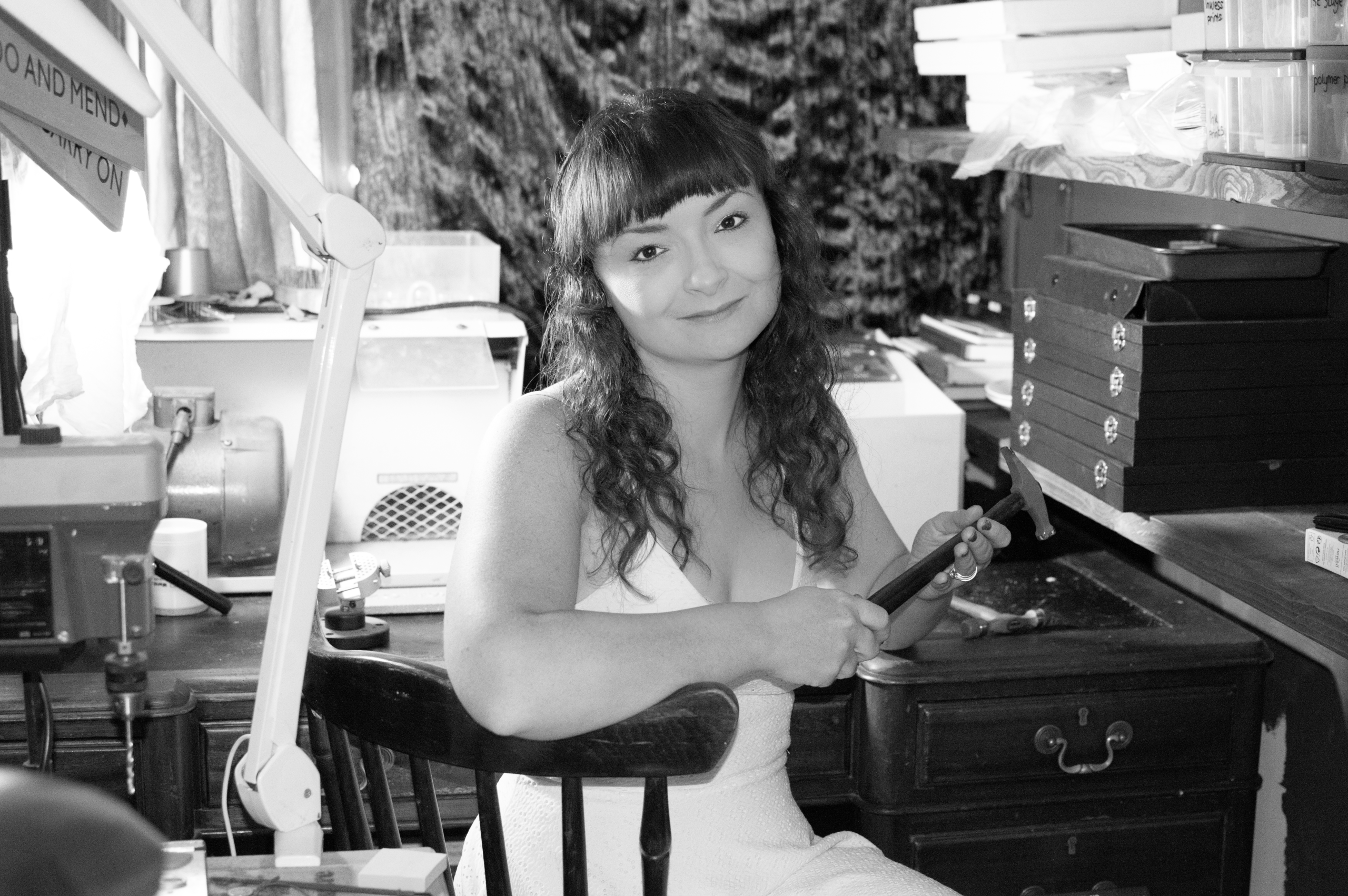


ROSANNA POUND-WOODS
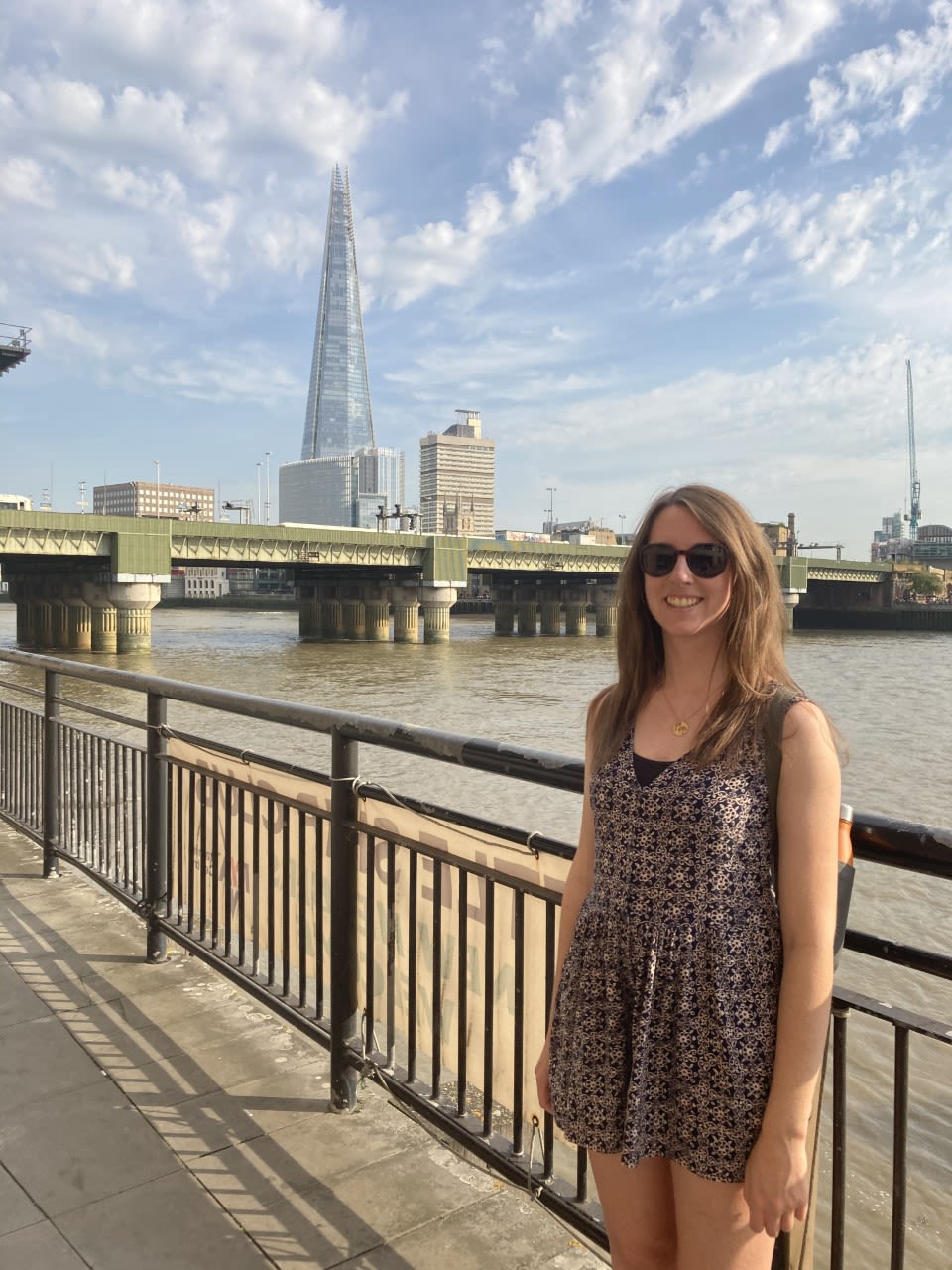
“It was one of those where I had a few days I felt like I was getting better then, I would go on a long walk and come down bad again.”
Rosanna Pound-Woods is 29 and from north London. Rosanna developed COVID-19 symptoms around March 2020 when her boyfriend became ill.
Rosanna said: “Between the two of us we ticked off every single major symptom that was around at the time.
“I personally didn’t have the fever, but I had various kinds of respiratory issues. And then, after a few days, I have a tight chest and breathlessness. I felt like I couldn’t take a full breath which was very scary.”
Rosanna took around five weeks off work and had a very slow recovery.
She said: “It was one of those where I had a few days I felt like I was getting better then, I would go on a long walk and come down bad again.”
At the time, nothing was known much about long COVID. When Rosanna contracted COVID-19 tests were only available for front-line workers. She was able to get in touch with her doctor on video call who said he believed her symptoms classed her as having COVID-19.
Her long COVID symptoms began to develop around a week after contracting the virus.
Rosanna said: “I noticed a cough and tightness in my chest for several days, and then the breathlessness and the chest pain was all I could feel.”
When Rosanna first spoke to her GP there was not a lot of funding for long COVID clinics, as it was early days, and her illness was not taken too seriously by the NHS.
Rosanna discusses not being able to do the activities she used to
In October time, the government announced funding for long COVID clinics.
Rosanna tried to get into one but was told she was not a bad enough case.
Thankfully, Rosanna had private health care and her doctors wrote her a referral to go there for help.
There she underwent a series of tests, that measured her breathing patterns, heart rate, and so on.
She was diagnosed with post viral bronchial hyperactivity syndrome. The doctor said it was a post viral infection to respiratory infections.
Rosanna said: “I asked him if this was long COVID, but he said no as long COVID is a continuation of COVID-19 symptoms. I really did not understand this.”
Rosanna was put on inhaled steroids which opened her airways.
She is now weaning herself off of these, however she still suffers from a bad cough.
Rosanna said: “I mean thankfully, the only ongoing symptoms I have had have been the respiratory ones, however, I’ve not had any fatigue.
“So, in terms of day to day I can do my job normally, it’s just every now and again, I have a coughing fit, but for now I am doing good.”
ROSANNA'S MESSAGE TO YOU
“People just need to be aware. It’s not necessarily as mild as you might think.”
“Me and my boyfriend had it at the same time, and he was absolutely fine after three days.
“It can really take everyone differently.
“People just need to be aware. It’s not necessarily as mild as you might think.”



KAREN JACKSON
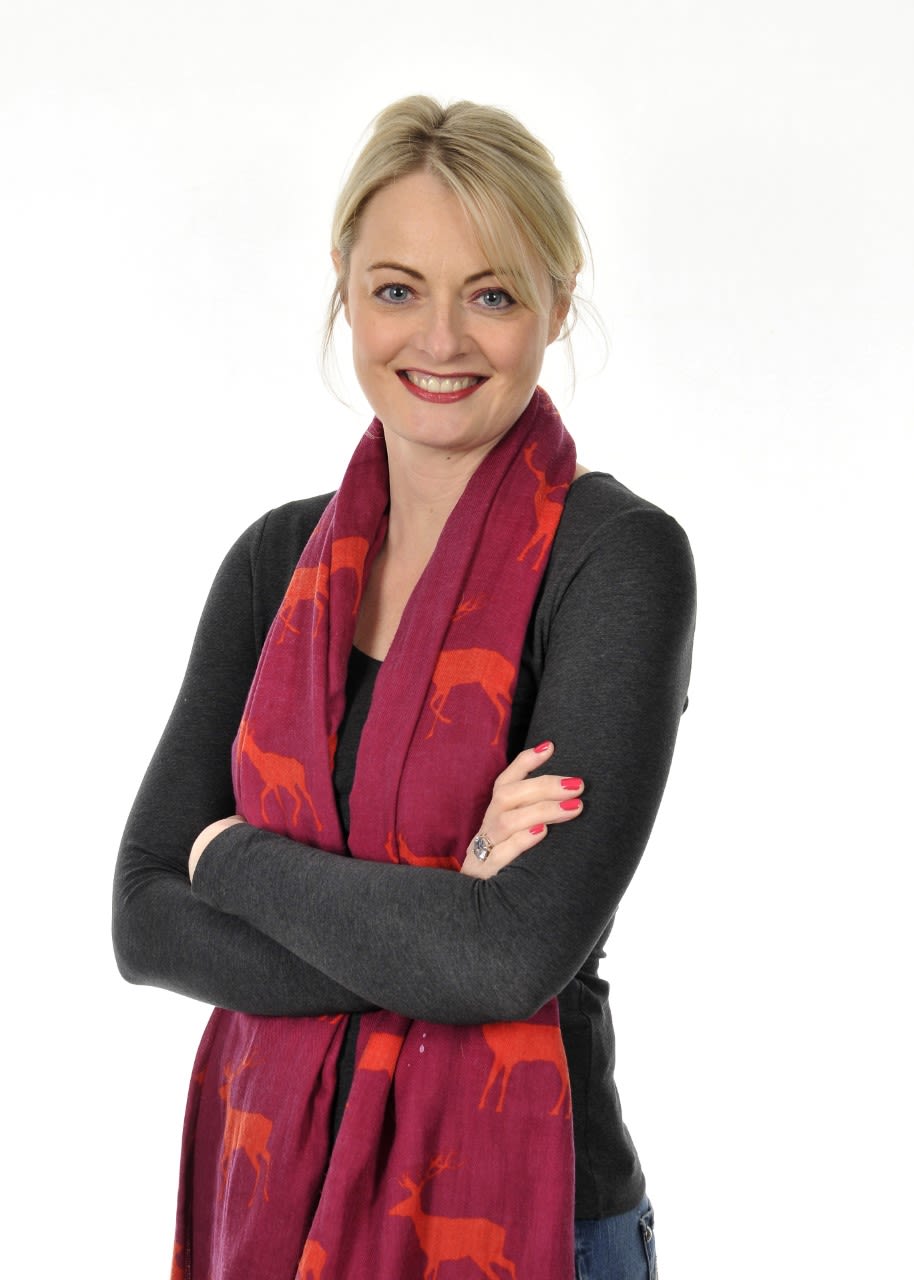
Employment Lawyer at Didlaw
“I don’t think we have even scratched the surface of how COVID-19 will impact the world of work.”
Karen Jackson is the managing director at Didlaw, a niche discrimination law firm specialising in the rights of people with disabilities and long-term health conditions in the workplace.
Throughout the last year, Karen saw an influx of queries relating to working from home, furlough rights and shielding.
Karen said: “There’s never been a more interesting time to be an employment lawyer because COVID has thrown up so many new issues.”
And with the effects of long Covid still being discovered, Karen is expecting further workplace issues to emerge.
According to the Equality Act, somebody with a long-term impairment that has a substantial adverse impact on their day-to-day activities is entitled to assistance from their employer and has extra protections under the Act.
There is plenty of potential for interpretation and disagreement when it comes to long COVID.
Karen said: “I am not sure to what extent long COVID would be covered under the Equality Act, and if long COVID is going to be protected as a disability.
“This is something we won’t know until it has been tested by tribunals, and we are probably looking at around a two-year period for that to happen. Tribunals assess the functional impact of an impairment rather than its label or diagnosis. It’s rarely clear cut.
“At this point, we simply haven’t been living with long COVID long enough to know how protracted its effects it might prove to be. To be a disability the adverse impact has to be long term which means lasting a year or more.
"But this does not mean that some of the illnesses stemming from long COVID (for example depressive illness) would not be covered anyway."
WHAT COULD COVID-19 MEAN FOR THE WORLD OF WORK IN THE LONGER TERM?
“The pandemic has dramatically changed the world of work in so many ways, especially with working from home.
“It seems like a whole new world we’re living in. And it’s going to take quite a long time for us to see how this will work out for employers and their staff.
“Unfortunately, a lot of employers are going to have staff that have been affected by COVID-19, whether their employees have had Covid themselves or whether someone they know has passed away or become disabled by it. If I’m advising employers anything, it is to be nice to people. Because lots of people are struggling for different reasons because of the pandemic.
“Employers and employees need to talk to one another. I think in most places the conversation is lacking, and when people are talking to one another, things do tend to work out better.
“So, if you’re struggling with any COVID-related issues, speak to your employer. Explain what you need them to do, and help them to understand why you might be having difficulties with going to work.
“At this point, I don’t think we have even scratched the surface of how COVID-19 will impact the world of work. And everyone needs to prepare for the fact that changes and accommodations are going to have to be made."
LIZZIE SMITH
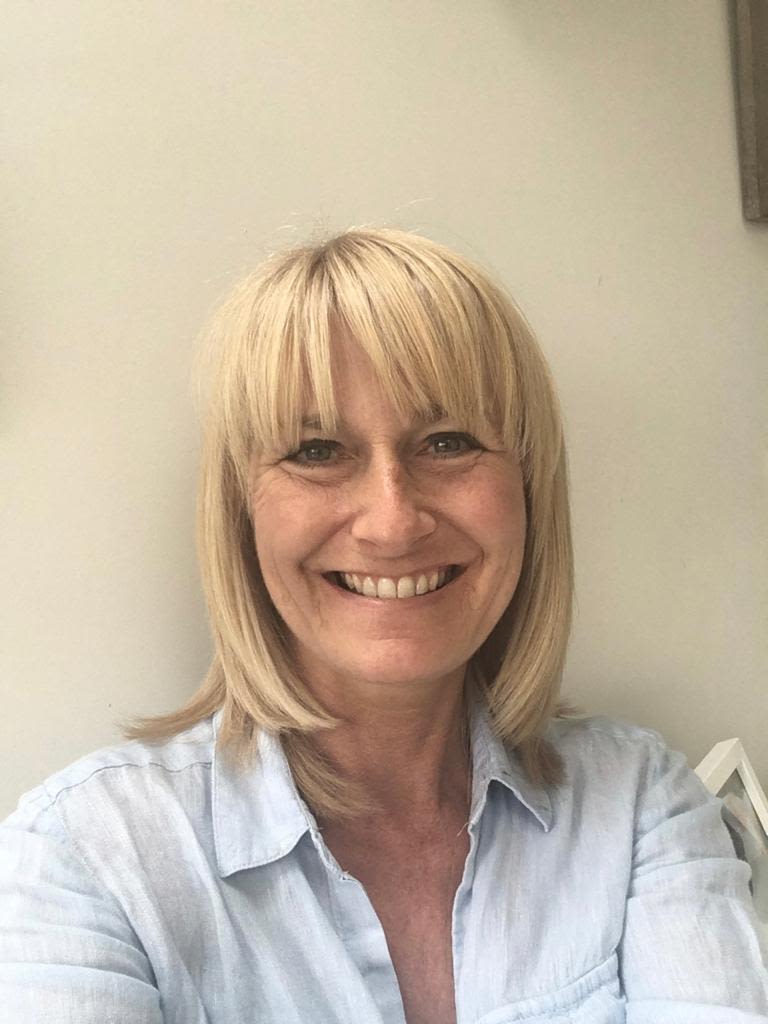
Hypnotherapist
Lizzie Smith, 58 is a hypnotherapist from Berkshire.
She works with people with anxiety, worry, PTSD, weight loss, and diverse bereavement to name a few. Now, a new area of her job has begun since the arrival of COVID-19.
Lizzie said: “I help people with COVID-19 to overcome negative thoughts and behaviours and to create a positive mindset.
“So, in terms of long COVID I’m working to, relieve the anxiety people are struggling with, you know that fear, uncertainty, and to help them manage their symptoms.
“There is so much unknown and unsettling at the moment, so I help managing that.
“COVID-19 is a very debilitating illness, and for me it is really about managing that fear for them and helping them to work out how to carry on.”
Lizzie uses hypnosis and/or an Emotional Freedom technique (EFT) to help long COVID sufferers.
Lizzie Smith talking about the services she offers
Lizzie said: “When we visualise and focus on stressful situations, like the COVID-19 pandemic, it can depress the immune system, so shifting this to a positive mindset can have a healing and restorative effect on our thoughts and on our health too. The mind-body connection can create a powerful platform to develop balance, resilience, and calm. The body achieves what the mind believes.
“Hypnotherapy can help you to overcome these side effects of long COVID such as increased levels of stress anxiety, panic, and depression and improve your confidence and empower you.”
Lizzie has worked with a sibling of someone suffering with long COVID whose anxiety levels were very high as well as a young boy who witnessed both his parents being taken away in ambulances.
Lizzie expressed: “It’s not just the person who gets COVID-19 that is affected, it affects the whole family.
“There are levels of anxiety that are high in a lot of people at the moment, there are rippling effects for everyone during this pandemic.”


